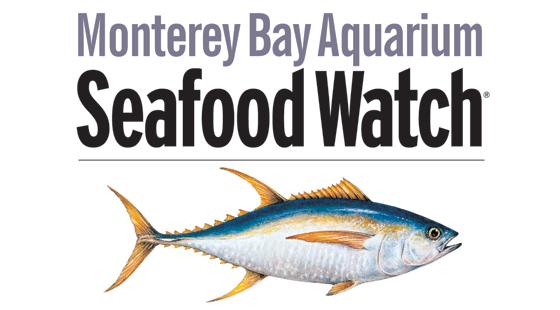What we eat every day profoundly impacts our personal health and our environmental “food print.” Eating unprocessed fresh foods from local and sustainable farms reduces our carbon footprint by using less transportation, better farming practices, greener packaging and more. Sustainable farming preserves our land and water resources by rotating crops, using less chemicals, preserving topsoil and avoiding fertilizer runoff.
Be a part of the sustainable food movement that is changing the way we eat and produce food. Learn more from Jeanne Pinsof Nolan, author of From The Ground Up and find some helpful tips below.
MAKE BETTER FOOD CHOICES
- Check out this Shoppers Guide to Pesticides in Produce (The Dirty Dozen) here.
- Choose organic when available to support more sustainable agriculture practices.
- Eat food in season.
- Add beans and legumes to soups, stews and salads for more sustainable protein.
- “Eat food. Not too much. Mostly plants.” Learn more from Michael Pollan.
- Explore the pros and cons of genetically modified food here. Check out this guide. Center4FoodSafety- Shoppers Guide
EAT FRESH LOCAL FOODS WHEN AVAILABLE
- Shop at local Farmers’ Markets in Evanston, Glenview, Northfield and Wilmette.
- Join a CSA (Community Supported Agriculture) program.
- Support farm-to-table restaurants that use local, organic ingredients. Click here for a list of great choices.
GO FOR MEATLESS MONDAYS AND MORE
- The meat industry generates large amounts of greenhouse gas emissions, uses much more water than fruits, grains and vegetable production and is very fossil fuel dependent. Reducing your meat consumption, even a little, can have a profoundly positive impact on the environment.
- Start with one meat-free day per week. Learn more at http://www.meatlessmonday.com
- Eat smaller portions of meat.
- Buy meat that has been sustainably-raised.
- Avoid meat that has traveled long distances.
- Ask your grocer and restauranteur where their meat comes from and how it was raised.
- Try delicious, healthy vegetarian options.
- Substitute beans for meat for a healthy protein alternative.
DON’T WASTE
- Shop wisely – you’ll save money too.
- Save and use leftovers.
- Compost kitchen scraps yourself or arrange for a weekly pickup.
BUY FISH, MEAT, POULTRY AND DAIRY WISELY
- Buy responsibly harvested wild-caught fish. Many species are endangered due to overfishing and unsustainable practices.
- Be wary of farm-raised fish which may contain concentrated pesticide residues and damage the environment.
- Use the Shedd Aquarium’s fish guide when shopping or ordering fish in restaurants.
- Buy grass fed, pasture-raised beef and eat less of it.
- Choose humanely and sustainably-raised chicken and pork.
- Buy organic dairy products.
GROW YOUR OWN FOOD
- Plant your own vegetable garden.
- Consider sharing a garden with a neighbor or friend to share sunshine, experience and maintenance. Contact us to explore possibilities.
- Sign up for a community garden plot.
- Learn more at The Talking Farm.
- Plant fruit trees and berry bushes.
- Use containers to increase your growing space.
- Try vertical gardening in narrow, sunny places.
RESOURCES FOR HEALTHY EATING

